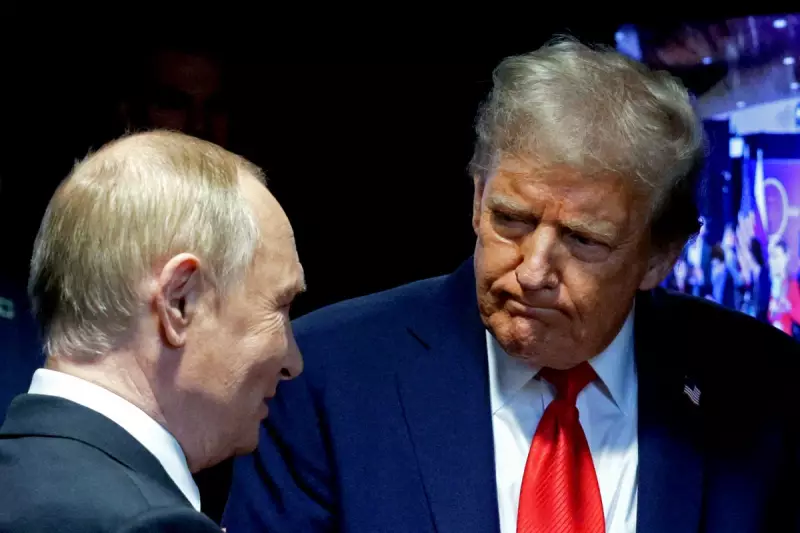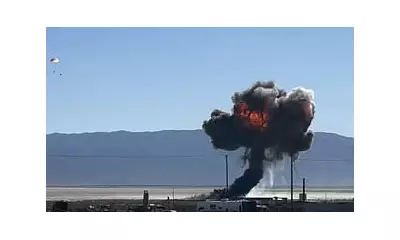
In a move that's sending shockwaves through diplomatic circles, former President Donald Trump is allegedly preparing to dismantle key sanctions against Russia's energy titans should he return to the White House, according to exclusive intelligence obtained by The Independent.
The Kremlin Connection
Multiple sources close to Trump's inner circle have revealed that lifting restrictions on Russian oil and gas corporations represents a cornerstone of his anticipated foreign policy agenda. This dramatic reversal would provide substantial financial relief to Moscow amid ongoing international pressure over Ukraine.
The proposed policy shift targets major players in Russia's energy sector, including:
- Rosneft - Russia's largest oil company
- Gazprom - The state-controlled gas giant
- Lukoil - One of the world's biggest privately-owned oil firms
Western Security Concerns Mount
European and American security officials are expressing grave concerns about the potential consequences. This isn't just about economics - it's about fundamentally reshaping the West's stance toward Moscow at a critical geopolitical juncture.
One senior European diplomat, speaking on condition of anonymity, warned: "Unilateral sanction relief would fracture the united Western front against Russian aggression, potentially undermining years of coordinated international effort."
The Political Fallout
The revelation comes as Trump maintains a commanding lead in Republican primary polls, making his potential return to power a subject of intense global speculation. Critics argue that sanction relief would effectively reward Moscow while providing minimal benefits to American interests.
Energy market analysts suggest that such a move could destabilise global oil prices and create new divisions within NATO, particularly among Eastern European members who view strong sanctions as crucial for regional security.
As the 2024 election approaches, Trump's relationship with Russia continues to be a lightning rod for controversy, setting the stage for what could become one of the most significant foreign policy confrontations in recent memory.





